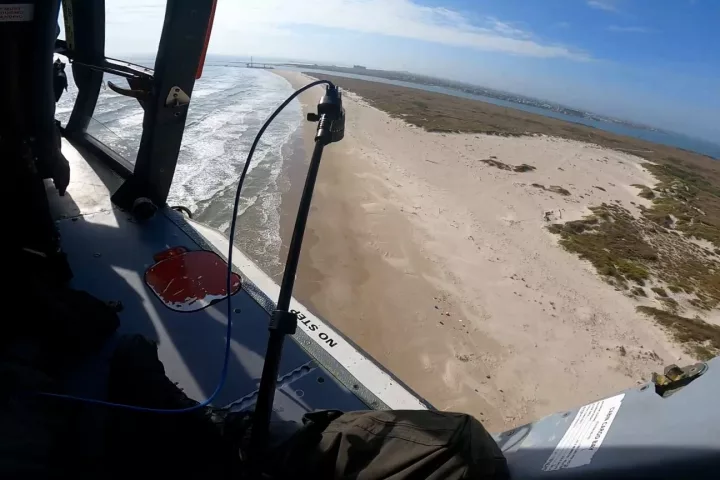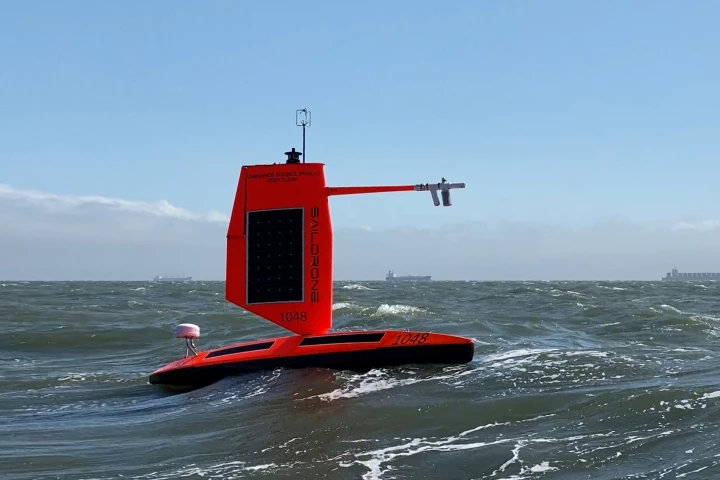NOAA
-
Independent analyses by NASA, NOAA, WMO, Copernicus and the UK Met Office have all confirmed that 2023 was officially the hottest year on record. A slew of other records were also broken amidst a string of severe weather events across the globe.
-
NASA and NOAA have confirmed that July 2023 was the hottest month in recorded history, which goes back about a century and a half. The finding follows a worrying trend that has a decent chance of setting 2023 as the hottest year on record.
-
The National Oceanic and Atmospheric Administration has again joined forces with Saildrone to chase hurricanes in the Atlantic Ocean using unmanned surface vehicles, and captured footage from inside the first Category 4 storm of the 2022 season.
-
Climate scientists have reported the highest levels of carbon dioxide ever recorded in the atmosphere. The latest in a series of record-breaking years saw levels 50 percent higher than pre-industrial times, a concentration not seen 4 million years.
-
Marine debris is a huge problem, both when it's floating at sea and when it gets washed up on the shore. In order to locate the latter for removal, scientists are developing AI-enabled drones which will spot human-made beach trash from the air.
-
Earlier this year, Saildrone joined forces with NOAA to launch sensor-packed unmanned surface vehicles into paths of hurricanes in the Atlantic Ocean to gather data. Now one of those drones has captured footage from inside a Category 4 hurricane.
-
Scientists measuring concentrations of CO2 in the atmosphere at the Mauna Loa Atmospheric Baseline Observatory have reported the highest levels on record, and ones not see on Earth in more than four million years.
-
Though some folks chase storms for thrills or curiosity, there are also those who do so for scientific purposes. And it's the lattermost pursuit that will see a small fleet of unmanned surface vehicles deliberately head into hurricane territory.
-
As part of a project that could greatly speed up the detection of tsunamis, Caltech and Google researchers have developed a method that turns operating submarine communication cables into earthquake detectors without using special equipment.
-
NASA and NOAA have confirmed that the Sun has entered a new solar cycle, with activity beginning to ramp back up from its minimum in December 2019. This next cycle is forecast to be rather quiet, continuing a long-term trend of reduced activity.
-
New analysis from the National Oceanic and Atmospheric Administration (NOAA) has revealed January 2020 to be the hottest in 141 years of record-keeping, with the four warmest Januaries on record all occurring since 2016.
-
All of NASA, the National Oceanic and Atmospheric Administration, the World Meteorological Organization and the UK Met Office have determined 2019 to be the second warmest year on record, with the last decade confirmed to be the hottest of all.
Load More











